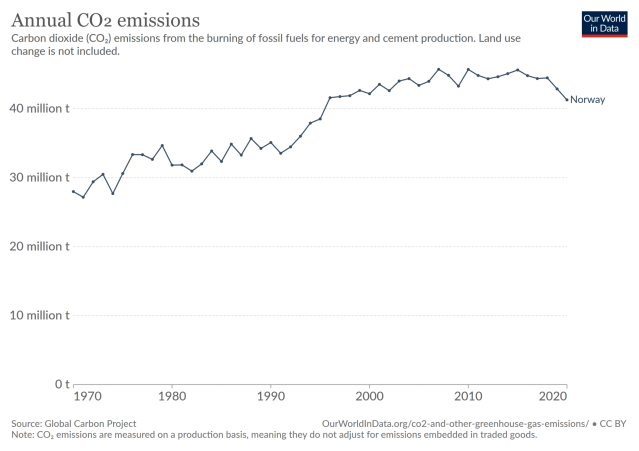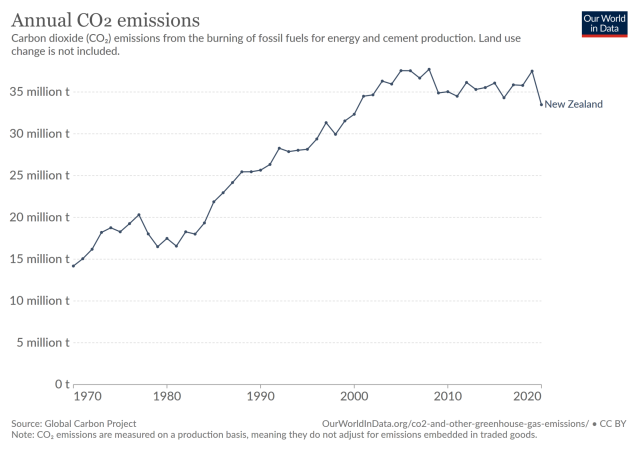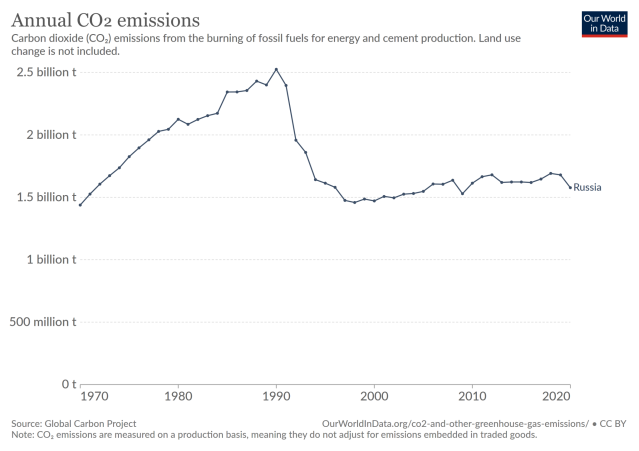
By Jeremy Williams
Climate privilege is the luxury of being unconcerned about climate change. It doesn’t appear to affect you, it’s largely an academic question, and it doesn’t impose itself on your day to day reality. For some people, the climate crisis is life and death. It’s about survival. For others, it’s an environmental concern or a problem for future generations.
Climate privilege overlaps with other forms of privilege, just as vulnerability to climate change overlaps with other forms of marginalisation. Those most likely to be relaxed about it are those that are wealthy and able to adapt.
This applies to countries too, as we saw at COP26. Representatives of small islands states or arid countries are confronting an existential threat. Those in the wealthy north don’t have that same urgency, and some petro-states might feel a greater threat from climate action than from climate change itself.
These differences invite the question of which is the most climate privileged nation in the world. It would need to be somewhere that is safely at the back of the queue when it comes to the damage of climate change, and that has so far shown little interest in playing its part in reducing emissions.
Here are a handful of contenders:
Norway – if you look at Notre Dame’s climate vulnerability index, Norway comes out on top as the least vulnerable country in the world. Nobody is entirely immune, but increased heat is no great disaster at that northerly latitude, and Norway has the funds to adapt or mitigate any damage that does come its way. Thanks to its sovereign wealth fund, future generations of Norwegians have little to fear.
Norway is a leader in renewable energy and on the adoption of electric cars. It has extensive forests that soak up a lot of its emissions. And yet their emissions have only recently begun to fall. Most importantly, Norway remains a major oil and gas producer and exporter. On the global stage, is Norway’s impact largely negative?

New Zealand – at the risk of upsetting our Kiwi friends, let’s talk about New Zealand for a minute. The list of countries least affected by climate change is dominated by Scandinavia, with Switzerland and New Zealand also in the top five. And everyone likes NZ. They’re in the top five on the ‘Good Country Index’. It is allegedly the country of choice for billionaires to build their doomsday bunkers. Their wellbeing budget and the kinder tone of its politics is an inspiration. But where are they on climate?
I remember writing, all the way back in 2009, about an announcement from the New Zealand government that they wanted to be zero carbon by 2025. That didn’t last long, and what has NZ done with its emissions since then? Not a great deal. Its climate response is rated ‘highly insufficient‘ by Climate Action Tracker.

Russia – Norway and New Zealand are both relatively small – we’re talking about 0.1% of global emissions in the case of NZ. Russia is a different prospect. It’s an energy giant with an economy that depends entirely on fossil fuels. People need to stop using oil and gas to prevent runaway climate change, but this will leave Russia without an economy. Unsurprisingly, the country has not just ignored climate change, but actively opposed efforts to address it.
Back in 2003, Vladimir Putin said spoke for many when he said “maybe climate change is not so bad in such a cold country as ours.” He’s changed his views since, not least because we can now see that Russia will be affected after all. It faces risks of heatwaves, permafrost melt, forest fires and more besides – meaning that while it has been a malign force in climate negotiations for a long time, it might not be as untouched by climate change as many have thought.

There are other contenders. Japan and South Korea both have the means to do more on climate change and have declined to do so until very recently. Both are in the top twenty least vulnerable countries to climate change. We could look at Canada. It’s only fair to consider the UK here too, just outside the top ten least vulnerable but with a long legacy of industrialisation behind us.
I’m not interested in naming and shaming a ‘world’s worst’ here, so I’m not going to go through all of these and pick one. The point is to highlight the justice issues around climate change. Some countries are more affected than others. Often those that are slowest to respond, and weakest in their ambitions, are those that feel the least threat.
This is to some degree inevitable in a system based around competing national interests. But it is hardly ethical. It loads the burden onto other countries and other people. And as the case of Russia shows, it may prove misguided in the long run if countries underestimate their exposure to risk.
First published in The Earthbound Report.
Categories: climate change, opinion
2 replies »